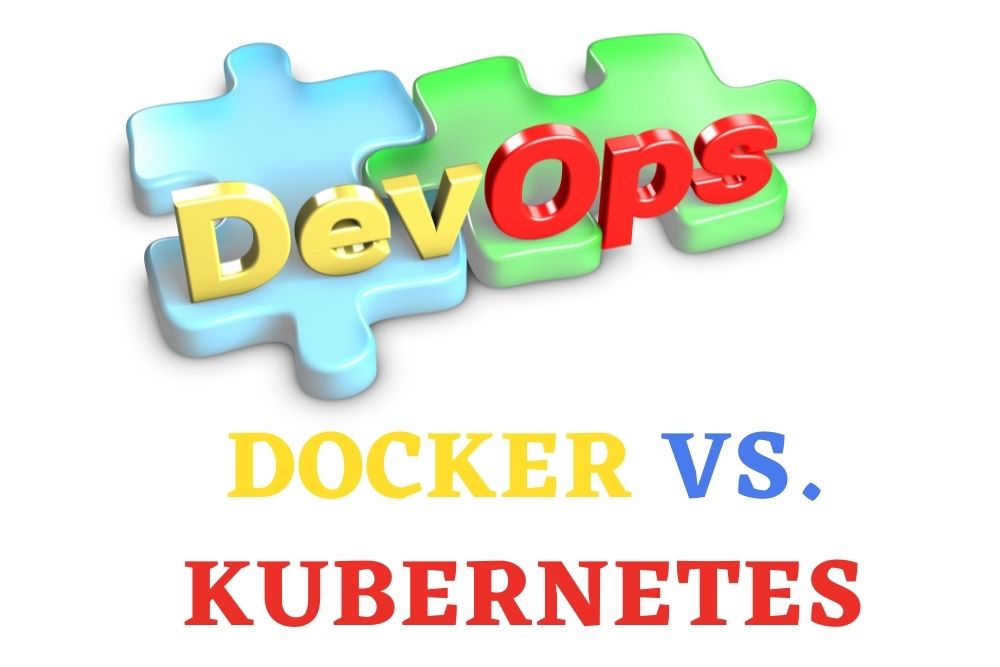In today’s world of the internet, container technologies are being used on a far wider scale than someone can imagine. Only two names emerge as open-source containers on the top, and they are Docker and Kubernetes. Many people get confused while choosing which software technology to use as they want to know which is better and more efficient. But people should also know that they are fundamentally different in technologies, and they do not compete. They both are excellent in their respective categories but complementary and can be powerful if combined. You will be taken through the fundamental qualities of both Kubernetes and Docker and take a look at both their advantages and disadvantages. You will be able to differentiate between the positive and negative points of both the software to choose the right software that suits you best according to your needs. DevOps Training in Pune at 3RI Technologies will help you to become a master in both docker and Kubernetes tools.
What Is Docker?
Docker is an open-source platform that is used to develop, ship, and run applications. With the help of Docker, you will separate your applications from your infrastructure, which would enable you to deliver software quickly. Docker enables you to manage your infrastructure in the same way in which you work your applications. It is a containerization platform that gives the developers features to package applications into containers. Although developers can create containers without Docker, the platform provides features that make it easier, simpler, and safer to build, deploy and manage containers. Through a single API, you can build, deploy, run, update, and stop containers using simple commands with the help of Docker.
Advantages And Disadvantages of Docker
Advantages Of Docker
Docker can provide many advantages compared to virtual machines, like being lightweight, providing greater resource efficiency, and improved developer productivity. It provides portability as you can deploy your containerized application to any other system, and you can be assured it would run exactly as you left it. Docker allows you to arrange an application so you can refresh, clean up, repair without even taking down the entire app. With Docker, an architecture for applications can be formed, consisting of small processes that transmit through APIs. Developers can then collaborate and resolve any problems that exist quickly with ease. When an app is deployed with Docker, regardless of where it gets deployed, everything remains accurate, which helps in increasing productivity. This leads to requiring less time in debugging and concentrating more on introducing new features and functions for the users
Disadvantages Of Docker
Along with the advantages, users face certain disadvantages while using Docker, such as containers facing performance overhead due to overlay networking, interfacing between containers and the host system, etc. Some container products don’t work with other ones because of competition between the companies. Graphic applications don’t work well with Docker. Also, all applications do not benefit from containers as only the applications designed to run as a set of discreet microservices can only use the full potential of containers.
What Is Kubernetes?
Kubernetes is known as the operating system for the cloud. Kubernetes is an open-source platform that manages applications and services that are containerized in clusters. It is developed by Google engineers Joe Beda, Brendan Burns, and Craig McLuckie. It became a cloud-native ecosystem that saw exponential growth within a few years. Kubernetes is derived from the Greek word which means “helmsman” or “pilot.” It is managed by the Cloud Native Computing Foundation (CNCF), a partner of the Linux Foundation.
Advantages And Disadvantages Of Kubernetes
Advantages of Kubernetes
If you properly understand the correct flow of working of the different features of Kubernetes, then it can help you in growing yourself in terms of productivity gains. It is fully open-sourced. There may be many corporate sponsors of Kubernetes, but a single company does not own it. It is a flexible software that can work with virtually any type of container software. It is also portable as it can be used on many different infrastructures and environment configurations. Kubernetes hold multi-cloud capacity since it is portable; it can host workloads that run on a single cloud and workloads that are spread across multiple clouds.
Disadvantages of Kubernetes
Kubernetes is not recommended for simple application usage. If you don’t want to develop something big and difficult for a large audience or with high computing resource needs, you won’t get much benefit from the technical power that Kubernetes holds. Kubernetes is known for its complexity and can reduce productivity at times. Kubernetes can be cheaper than other technologies. But it can also be more expensive because of all of the disadvantages mentioned previously. Those demerits can cost a lot of time to cloud engineers, which are not considered the best strategic move for business value.
Conclusion
It can get difficult at times to choose which technology software can give you the most benefits. You should carefully analyze the merits and demerits of both the software and choose the one you think suits you the best according to your needs. Both Docker and Kubernetes are widely used in the world, and both can give a great performance. We are positive that you would select the best software for your needs after reading the above-mentioned points.
